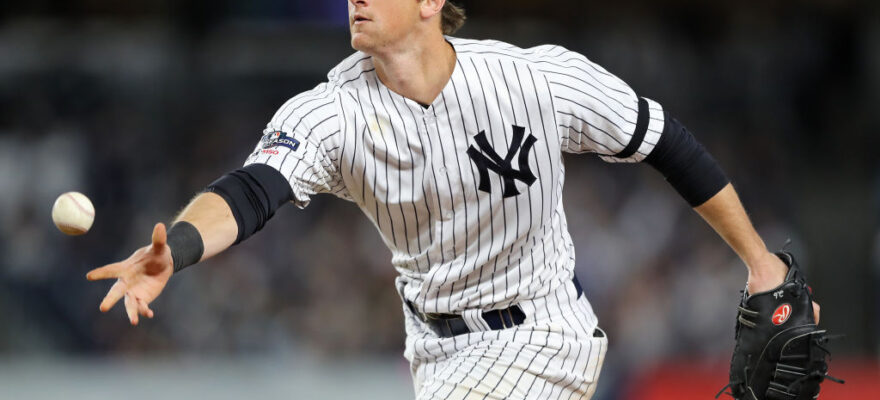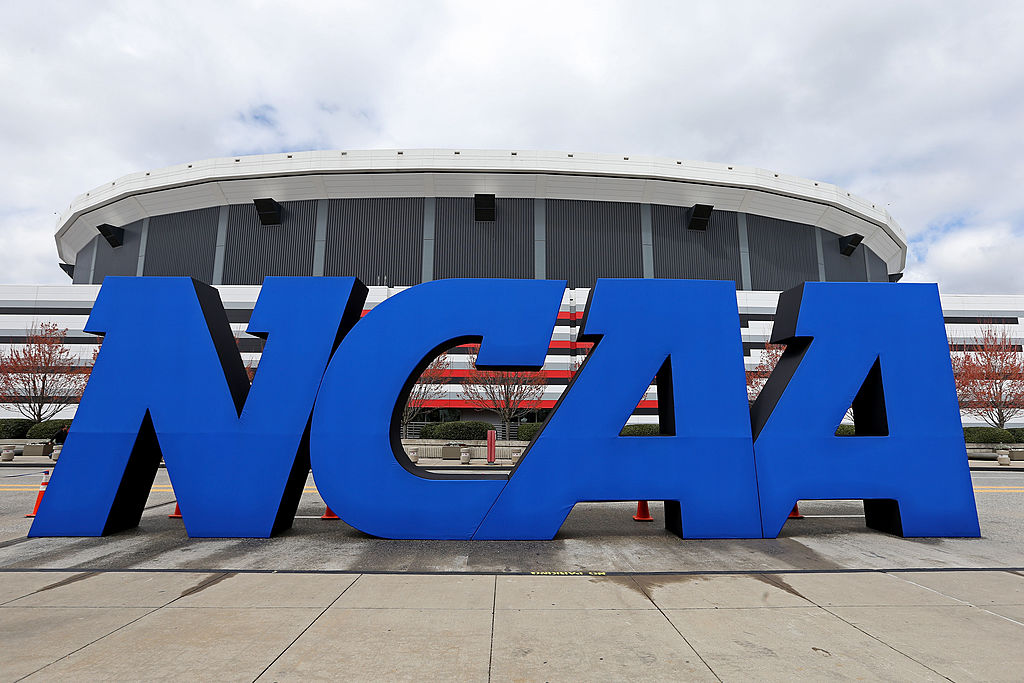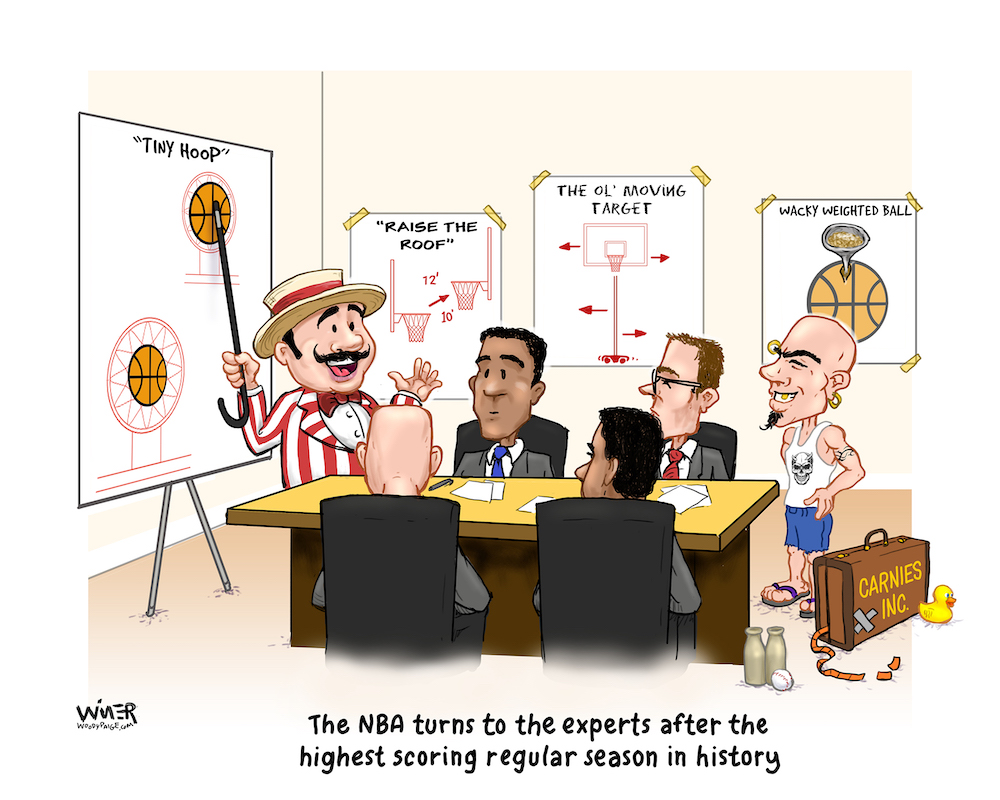Typically, when a Major League Baseball standout reaches the point in his career when he can declare himself a free agent, it’s a time to celebrate and prepare to reap the financial perks of a lot of hard work and a job well done.
But as we all know, there’s nothing typical about 2020.
COVID-19 just did what years of contentious labor negotiations couldn’t: It put a salary cap in place in MLB.
Not officially, of course. That’s never going to happen. But make no mistake, the virus just placed a cap on what every team not named the Yankees or Dodgers will be able to spend on payroll in 2021 – and perhaps beyond. (Remember the current labor contract between the Owners and the Players Association expires after the 2021 season, and the players have been very unhappy with the way the owners were treating free agents before the pandemic…)
As an industry, Major League Baseball lost almost $3 billion…with a B…this season. Each team took about a $100 million hit. Perhaps the Yankees and Dodgers can brush that off and go about this off season in a typical manner, but no one else will. Owners in Arizona and Colorado have already gone public saying so.
Teams won’t be willing or able to spend big on free agents this winter.
So, for guys like DJ LeMahieu, J.T. Realmuto, Trevor Bauer, George Springer, Marcus Semien, and Marcell Ozuna, this isn’t exactly a time to celebrate. All these standouts are high quality free agents with uncertain futures, thanks to the pandemic.
So what should these guys do?
Patience. Good things come to those who wait.
That doesn’t mean waiting until spring training has started – like Bryce Harper did a couple years ago – before hopefully landing a big multi-year contract. Waiting this year means putting off that really big payday for a season, or even two.
Realmuto, Springer and LeMahieu just received “qualifying offers” from their current/former teams that amount to one-year deals worth $18.9 million – less than they might command on the free market in one of those typical off seasons. They’ve got 10 days to accept or reject.
Turning down these one year deals, even if taking it means earning slightly less money for one year, would be downright foolish in the age of the virus. Sign the one-year contract, put up good numbers again, help your team and the industry recover, and then hope the industry will support a bigger deal this time next year.
It should be a no brainer.

For those like Semien and Ozuna who don’t get qualifying offers (Bauer and Stroman also got them), more patience is going to be required. If you’re Michael Brantley or Charlie Morton, you should prepare yourself to accept a lesser deal now and have faith the near future will treat you better.
The MLBPA says there are 181 free agents this winter. Odds are good that a big chunk of those guys don’t get signed at all (looking at you, 35-year-old Justin Turner. Your career is probably over thanks to doing something really stupid.)
Those who have the skills to still contribute to a big league team need to look at 2021 as a “make good” season of sorts.
They should all gladly accept a smaller paying one-year contract. Ask for incentives to be built into the deal. That could mean additional money for things like making a pre-set number of plate appearances, or pitching in a certain number of games, things like that. If you are performing well, you’ll get rewarded.
Take on any role they want to give you, including being that “just in case” guy who isn’t guaranteed a roster spot in spring training. Be the 26th man on the roster if you have to. Agree to be a DH, a “long man” in the bullpen, or a defensive replacement. Put your ego aside and agree to accept any role they want to give you.
Take a minor league deal with an invite to spring training. Prove yourself once camp starts.
History is full of guys who appeared to be on the downside, only to get a new opportunity that led to a big contract. Example, JD Martinez.
Released outright by the Houston Astros in March of 2014, Martinez landed in Triple A with Detroit, and then was traded to Arizona. He revamped his swing, and in 2017, his career took off. He signed a five-year, $110 million contract with Boston before the 2018 season.
Sometimes, betting on yourself can pay off big.
That’s where most of the 2021 MLB free agent class sits right now. They will need to bet on themselves.
So here’s the advice from someone who never got a chance to sign a big dollar free agent contract, but who went through the trials and tribulations of being a free agent during a long cold winter.
Sign that one-year contract the moment it’s offered. You might not get another chance. Not in the age of COVID-19.
Listen to Mark Knudson on Monday’s at 12:30 with Brady Hull on AM 1310 KFKA and on Saturday mornings on “Klahr and Kompany” on AM 1600 ESPN Denver.
More from The Woody Paige Sports Network:
- Woody Paige: That time I played blackjack with Michael Jordan in Monte Carlo
- ‘Most losses in 2020’ prop bet offers NFL bettors huge value
- It’s time for the NFL to go to a limited bubble approach
- In new world, there’s nothing wrong with knowing point spreads and rewarding your backers
- Ignore the Polls – ranking college football teams this season is pointless
- Woody Paige: Broncos need Drew Lock to prove he’s THE guy
- Lewis Black rants on Dan Snyder — the worst owner in pro sports



















